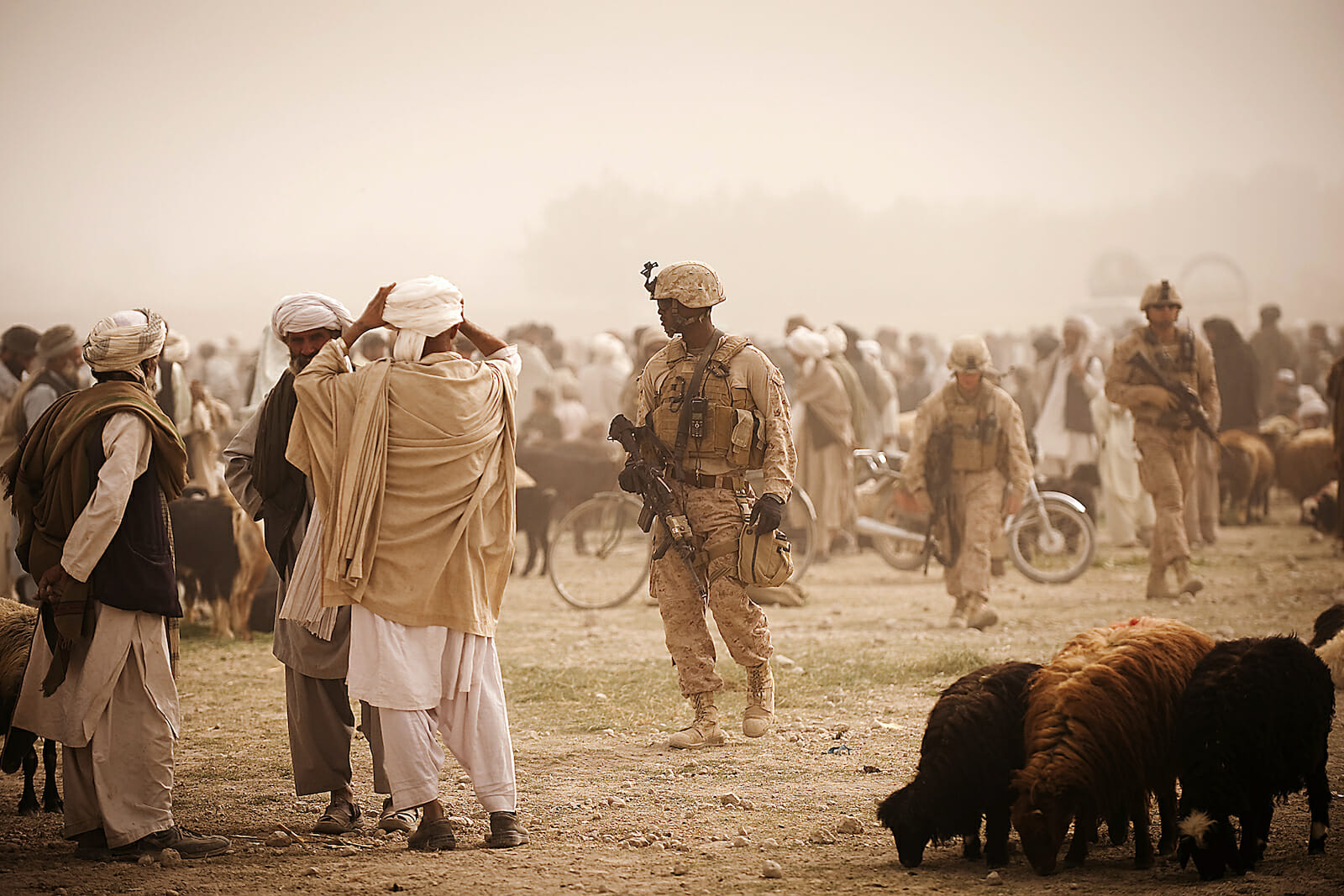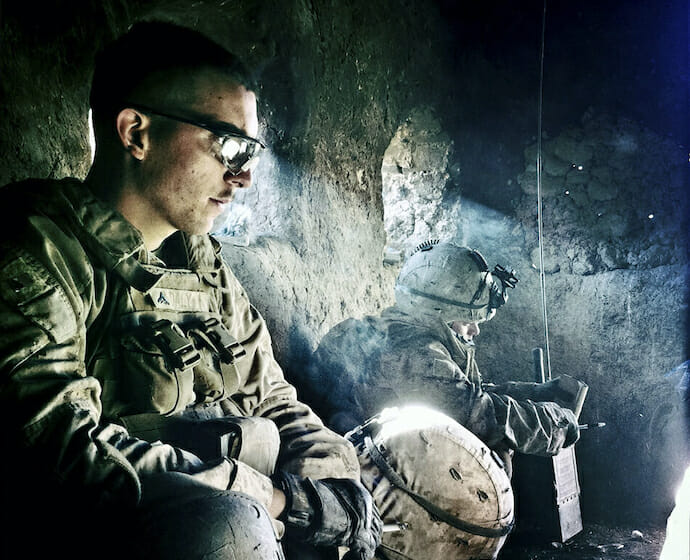
Who Won the Afghan Development Slow Race?
A slow race, for those who do not know, is a race between participants whereby the aim is to be the last to cross the line. You win by being last. Winning a slow race is about being slow and steady. If Afghan development from 9/11 until the present was a slow race, then who won and how did the participants perform?
A read of Peter Hopkirk’s The Great Game: The Struggle for Empire in Central Asia – is a good starting point. The book – essential reading in my view – charts the time Russia and the British Empire grappled for supremacy in Central Asia during the 19th century. It is a history of the region. The three Afghan-British wars are well described. Britain lost each, but not by lack of might, but by a lack of understanding of Afghan terrain, culture, and its people, coupled with unfavorable political directives, muddled metrics, and politics guiding messy military campaigns.
The British lost because they did not understand the hardiness of the Afghan terrain and the turgor of its people. Russia, more recently, suffered a strategic loss in Afghanistan for similar reasons. The U.S. is experiencing that loss again right now as the Taliban, as expected, retake their country, while – as has been a prevailing condition – the Afghan people suffer, particularly women. Sadness and loss. There has been so much suffering and so much waste.
A 9/11 type analysis and report is needed to quantify the ends, ways, and means of the losses and gains, in order to set conditions to avoid similar future catastrophes. That report must be a gloves-off detailed look and also critically examine the root and branch problem sadly described by Stephen Walt in his book, The Hell of Good Intentions: American Foreign Policy Elite and the Decline of U.S. Supremacy.
We, the international community, did the Afghan people no real favors, promised more but delivered less. Our policies were driven not by the benefit needed for Afghanistan, but by factors including a need to respond emotionally and physically to 9/11, a belief in the ultimate benefit of exporting to them an Afghan version of American freedom, keeping up with the Joneses (balance and influence of regional peer competitors), inability to change when failure loomed, lack of oversight of waste as both U.S. and Afghans got fat on renewed questionable contracts, and a fundamental misunderstanding of how to frame and place success metrics.

It was easier to say that success was coming rather than to admit we were getting it wrong and, in the meantime, keeping the funding tap wide open. The withdrawal now occurring is messy and trust has gone. All withdrawals are messy. There is no easy way to leave, but staying is actually worse. Change was needed.
Plenty of people share the blame. Fat contractors got fatter on the spoils of mediocrity and Afghans benefited from the influence gained to them personally as power for bringing money/contracts to their country. Many benefited from the spills and spoils of herculean funding streams, not truly focused on the right outcome and with no one asking the hard and fundamental question about whether the benefit was tangible, and not least of all, how it fitted into the (non-existent) grand design. Spending meant something was happening and something happening is what was needed to prove we were engaged.
The Afghan people in the round are not really any better off. Some of their leaders are rich, many contractors are fat, but the average Afghan has seen no real benefit. With the Taliban in power and getting more powerful, the Afghan people will see the negative benefits. The next chapter in their book of suffering, particularly women, is playing out in plain sight.
So, who won the slow race? Not the U.S. – we left in a hurry and the experience leaving Vietnam has equipped us to be able to move on without really looking back. Change was needed and there is really no best way of achieving it other than just walking away. Stay longer and people delay taking action because you are still there, in the hope you will not go. Negotiations with the Taliban did not lead to a seamless transition, nor were they likely to – leopards and spots. It was too expensive to stay yet too much of a letdown to leave.
It is a wicked moral problem and only history will determine if it was the best thing to do. Many lessons need to be identified and learned. Telling Afghans we are friends means to them, friends for life. It does not mean the same to us. They took our support because it was a good deal. Not enough of them truly preserved forward, or were allowed to. Not enough of their youth and women were empowered to help progress. Too many vested interests and a resistant culture, meant that maybe they were just not capable of benefiting from our support.
The winners of the slow race, of course, were always going to be the Taliban. The fact they now state that women will have rights in accordance with Sharia Law is no surprise. Maybe the real strategic mistake was pretending it was ever any other way, and into the bargain, we just teased a generation of Afghans to dare to dream. They now hate us. Ho-hum! We need a 9/11 type Afghan development report. We need to get better.

